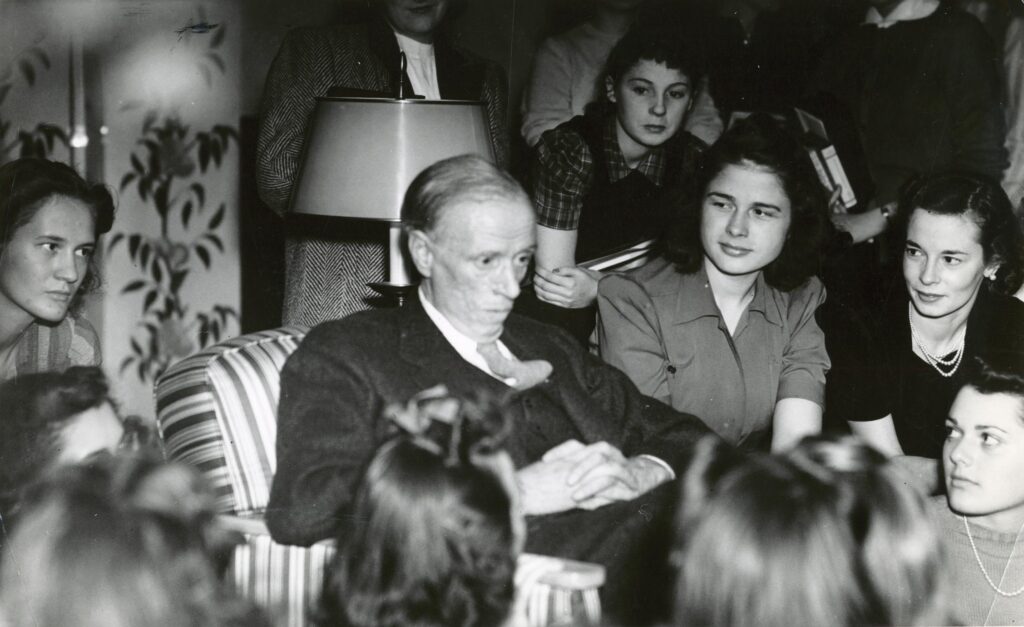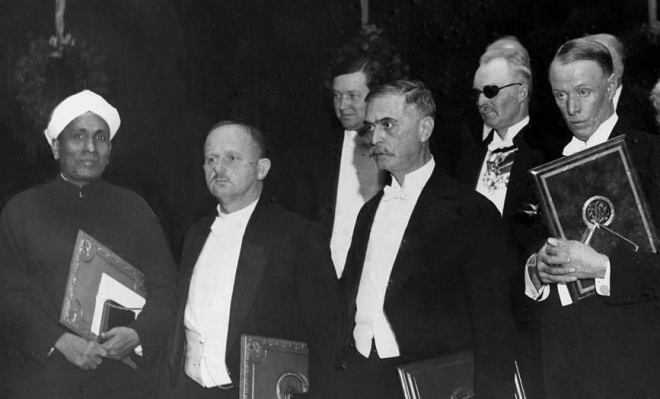Sinclair Lewis, a towering figure in American literature and the first American to win the Nobel Prize in Literature, faced numerous struggles that shaped his character and writing. A pivotal period of hardship came during his training, a time filled with challenges, suffering, and obstacles that influenced his later works. how did Sinclair Lewis suffer during the training? In this article, we’ll explore the difficulties he encountered, their impact on his life, and how these struggles fueled his literary genius. training suffering Sinclair Lewis

Early Life and Aspirations
Before delving into how Sinclair Lewis suffered during the Training? it’s crucial to understand his early life. Born in 1885 in Sauk Centre, Minnesota, Lewis was a socially awkward, introspective youth. He grew up feeling alienated, which sparked a deep sense of loneliness that followed him into adulthood. His early ambition was to become a writer, but the road to success was far from easy. How Did Sinclair Lewis Suffer During the Training? training suffering Sinclair Lewis
Lewis attended Yale University, but both social and academic struggles marked his time there. His natural introversion made it challenging to form meaningful relationships, and his passion for writing needed to be fully nurtured in an environment that prioritized more traditional career paths. The early seeds of his suffering were sown here as he grappled with feelings of inadequacy and isolation.
The Rigorous Expectations of Academic Training
During his university years, Sinclair Lewis faced one of his first significant hurdles. Yale, an institution known for its rigorous academic training, expected excellence from all its students. Lewis, however, found himself struggling to fit in. He lacked the polish and confidence of his peers, and his unconventional interests in social issues and literature set him apart.
Lewis’ yearning to become a writer needed to align with the traditional pathways expected by his instructors and fellow students. This dissonance led to a period of internal conflict. How did Sinclair Lewis suffer during the training at Yale? His inability to conform to academic expectations left him feeling rejected and uncertain about his future as a writer. His works during this period were often dismissed, leading to further discouragement.
Struggles During Military Training
One of the more pronounced periods of suffering for Sinclair Lewis came during World War I when he attempted to join the U.S. Army. How did Sinclair Lewis suffer during the training for military service? Both physical and emotional turmoil marked his experience.
Lewis, who had volunteered for the Army, was ill-suited for the rigours of military life. He was physically weak and struggled to keep up with the demanding exercises. His lack of physical strength often led to ridicule from fellow recruits and his superiors. This further exacerbated his sense of inadequacy, a theme that haunted much of his life.
Additionally, Lewis struggled with the strict discipline and conformity required in the military. As a man who valued individualism and freedom of thought, the rigid structure of the Army was suffocating. The emotional strain of trying to fit into a system he fundamentally disagreed with added another layer of suffering. Ultimately, his military career was short-lived, but the scars of this experience lingered.

Emotional Turmoil and Alienation
As Lewis continued his writing career, the emotional suffering he experienced during his training years continued to affect him. He often felt disconnected from society, a theme that would later emerge in many of his novels, such as Main Street and Babbitt. These works critiqued the hollowness and conformity of American middle-class life, themes directly tied to his feelings of alienation.
How did Sinclair Lewis suffer during the training in terms of emotional pain? Much of his suffering stemmed from his belief that he didn’t belong in the literary world. Despite his undeniable talent, Lewis was constantly plagued by self-doubt and anxiety. He feared that he would never achieve the success he longed for and that his voice would never be heard. This inner turmoil, coupled with the external pressures of the literary community, made the early years of his career deeply challenging.
Literary Rejection and Frustration
One of the critical factors in understanding how Sinclair Lewis suffered during the training period is the rejection he faced early in his literary career. Before he achieved fame with his groundbreaking novels, Lewis dealt with a barrage of rejections from publishers and editors. His manuscripts were often dismissed as too unconventional, too critical of society, or simply not marketable.
This constant rejection weighed heavily on Lewis. He was a writer deeply committed to exposing the flaws in American society, but the publishing industry at the time was not receptive to such radical ideas. His frustration mounted as he struggled to find an outlet for his voice, leading to periods of intense discouragement.
Despite these setbacks, Lewis remained persistent. His suffering during this period was immense, but it also fueled his determination to succeed. The very obstacles that caused him so much pain eventually led to his breakthrough as he continued to hone his craft and develop the biting social critique that would become his hallmark.
Physical Decline and Addiction
Another often-overlooked aspect of how Sinclair Lewis suffered during the training years was his physical health. As the pressure of his writing career mounted, Lewis turned to alcohol as a way to cope with his anxieties and insecurities. This addiction, which began in his early years, would haunt him throughout his life.
Lewis’s heavy drinking took a toll on his physical health, exacerbating the stress he already felt from his professional struggles. His addiction led to erratic behaviour, strained relationships, and periods of deep depression. The very fame he had long sought became a source of suffering as he found it increasingly difficult to cope with the demands of public life.
The Impact on His Writing
Despite, or perhaps because of, these intense struggles, Sinclair Lewis’s suffering became a wellspring for his creative output. The themes of alienation, frustration with societal norms, and the suffocating pressures of conformity that are so central to his novels were born out of his own experiences. His suffering gave his work an authenticity and emotional depth that resonated with readers across America and beyond.
His works, like Main Street and Arrowsmith, are testaments to the impact of his struggles. In these novels, he dissected the moral and ethical dilemmas of American society, bringing to life the very issues that had caused him so much personal suffering.
Conclusion: Suffering as a Pathway to Genius
In conclusion, how did Sinclair Lewis suffer during the training? His suffering took many forms—emotional isolation, physical weakness, academic and military rejection, and deep personal and professional frustrations. However, it was through this suffering that Lewis forged the resilience and insight necessary to become one of America’s greatest writers. His struggles during training shaped his worldview and gave his writing the cutting edge that would make him a Nobel laureate. training suffering Sinclair Lewis training suffering Sinclair Lewis
FAQ
What challenges did Sinclair Lewis face during his academic training?
Sinclair Lewis struggled with social isolation, academic pressure, and rejection of his unconventional writing style during his time at Yale University.
How did Sinclair Lewis suffer during his military training?
Lewis faced physical weakness and emotional strain during his brief military training, struggling to fit into the rigid discipline and structure of the Army.
What emotional difficulties did Sinclair Lewis experience during his training period?
Lewis suffered from self-doubt, alienation, and a sense of inadequacy, which greatly influenced his literary themes of societal critique and conformity.
How did rejection impact Sinclair Lewis’s early writing career?
Lewis faced numerous rejections from publishers, which led to frustration and discouragement, but he persisted and eventually achieved literary success.
Did Sinclair Lewis’s personal struggles influence his writing?
Yes, his personal struggles with isolation, rejection, and addiction deeply shaped the themes of his novels, which often critique societal norms and conformity.

Hello friends, my name is Shivam Kumar, and I am a writer, skilled in creating engaging, SEO-optimized content on online income and content creation since last two years. And I will be sharing this information form my blog.